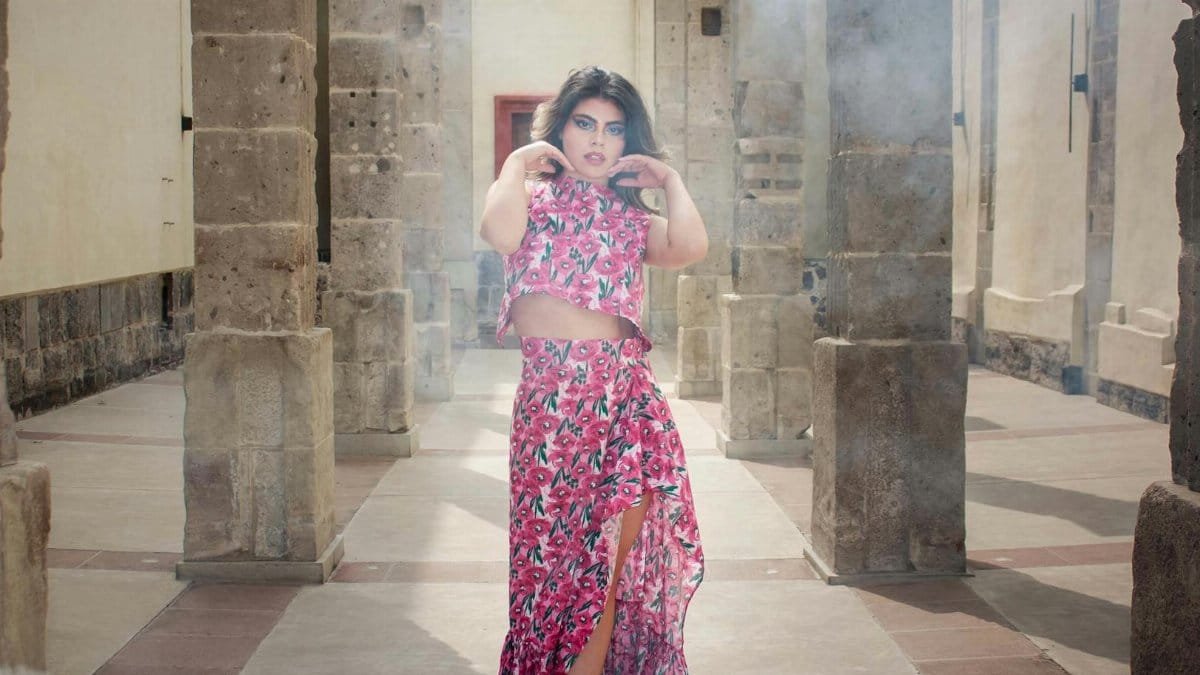Is aromatherapy spiritual practices manipulate scents really the secret to unlocking deeper mindfulness? Across the U.S., a growing number of wellness seekers are turning to specific fragrances like lavender and frankincense to enhance meditation and spiritual connection. Promoted as a natural way to shift mental states, this trend has spiked in 2025, with boutique studios and online communities pushing the idea that certain smells can influence your soul as much as your senses. But how much of this is science, and how much is savvy marketing?
What’s Behind the Scented Spiritual Boom?

Aromatherapy isn’t new, but its intersection with spirituality is gaining traction. In 2025, wellness apps and influencers are touting essential oils as tools for grounding or elevating energy during rituals. Scents like sandalwood are marketed as pathways to deeper focus, often tied to ancient practices from India and the Middle East. Retailers report a 30% uptick in spiritual aromatherapy kits since last year, reflecting a hunger for accessible, sensory-based transcendence.
How Scents Are Said to Shift Your Spirit

Proponents claim that inhaling specific oils triggers emotional and spiritual responses. Lavender, for instance, is linked to calming the mind for prayer or meditation, while rosemary is said to sharpen spiritual clarity. The theory rests on the brain’s olfactory system, which connects directly to areas tied to memory and emotion. Some spiritual guides argue this creates a shortcut to altered states of consciousness, though evidence remains largely anecdotal.
The Science: Smell and the Brain

Research backs up some claims about scent’s impact on mental states. A 2020 study from the National Institutes of Health found that certain aromas, like lavender, can reduce stress markers in the brain. However, no peer-reviewed studies directly link aromatherapy to spiritual outcomes. Neuroscientists note that smell can evoke powerful memories or emotions, which might explain why users feel spiritually “connected” during scented rituals.
Ancient Roots, Modern Marketing

Using scents in spiritual contexts dates back millennia—think frankincense in biblical times or incense in Buddhist temples. Today’s aromatherapy spiritual practices manipulate scents by repackaging these traditions for Western audiences. Brands sell “chakra-balancing” blends at premium prices, often with little transparency about sourcing or efficacy. Critics argue this commodifies sacred practices, turning ancient wisdom into Instagram-friendly wellness trends.
Who’s Buying Into It?

The demographic skews young and urban, with millennials and Gen Z leading the charge. A 2025 survey by Pew Research Center shows 45% of 18- to 34-year-olds have experimented with aromatherapy for mindfulness or spiritual growth. Social media platforms like TikTok amplify the trend, with hashtags like #SpiritualScents racking up millions of views. Users often cite a need for affordable, at-home rituals amid rising stress levels.
Risks and Red Flags

Not everyone’s sold on the hype. Essential oils can cause allergic reactions or respiratory issues if overused, warns the Mayo Clinic. Beyond physical risks, some psychologists caution against over-reliance on scents for spiritual or emotional fixes, noting it can distract from addressing deeper issues. False claims about “healing” properties also abound, with the FDA cracking down on unverified health promises in 2025.
Real Stories, Mixed Results

Take Jenna R., a 29-year-old from Seattle, who started using aromatherapy for meditation last year. “I thought eucalyptus would ‘open my third eye,’ but I just felt dizzy,” she admitted. Meanwhile, others swear by it—Mark T. from Brooklyn credits cedarwood oil with helping him stay present during prayer. These conflicting experiences highlight the subjective nature of scent-based spiritual practices.
Is It Worth the Hype?

For now, the jury’s out on whether aromatherapy spiritual practices manipulate scents in any profound way. If you’re curious, start small—test a diffuser with a basic oil like lavender and note how it affects your focus or mood. Just don’t expect miracles. The real power might lie in the ritual itself, not the bottle, as skeptics and believers alike agree that intention often outweighs inhalation.
